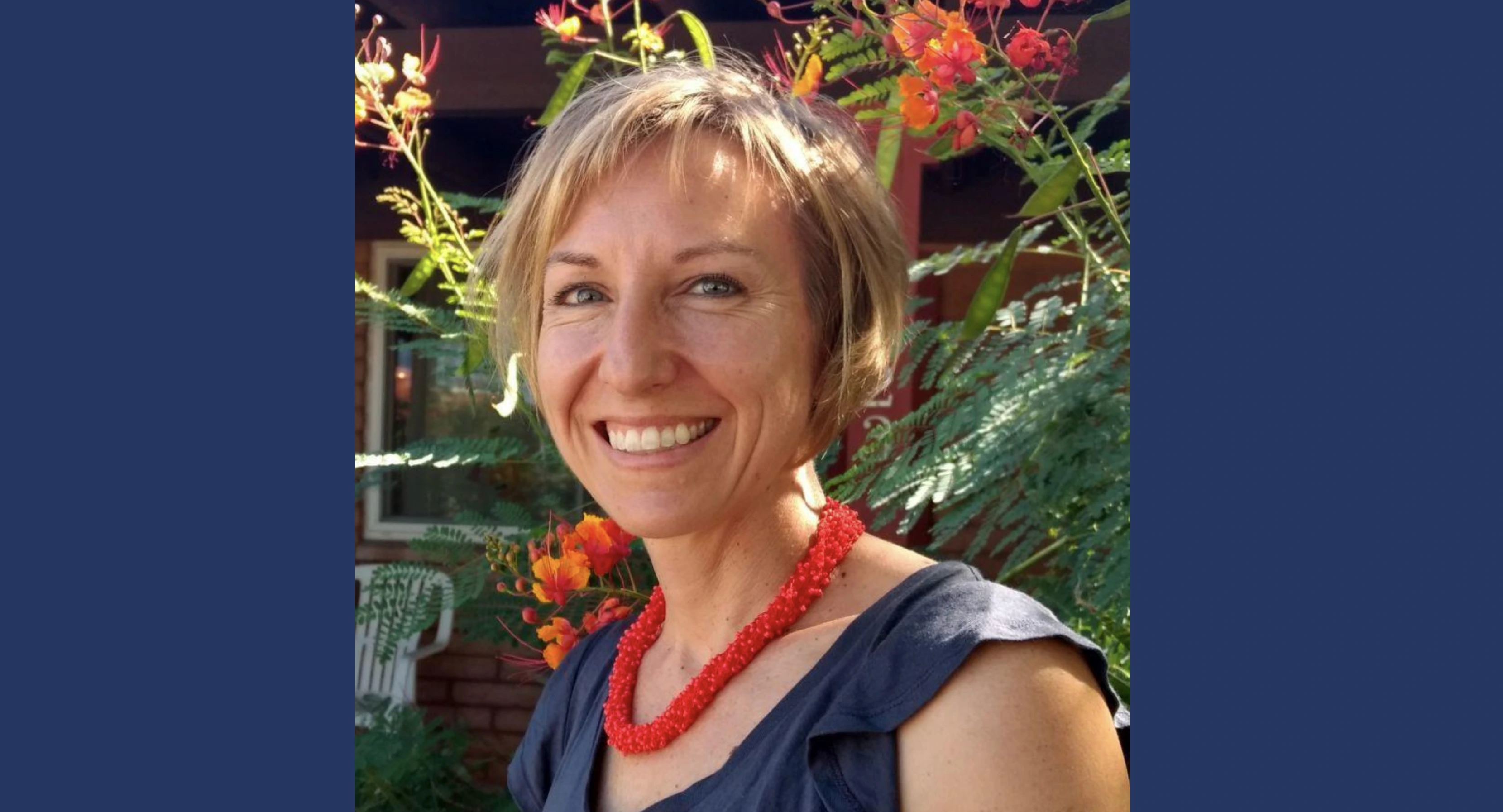The following column is the opinion and analysis of the author.
Former UA Graduate Fellow (2002-04), Theresa Crimmins, writes an opinion piece in the Arizona Daily Star.

Local Opinion: Dear white people: Don’t withdraw from tough conversations on race
By Theresa Crimmins, Special to the Arizona Daily Star
"This message is for white people who are upset and feeling paralyzed right now. This message is not for people of color, black folks, indigenous, or other people suffering from institutional racism.
I have a message for you, because I am one of you.
I have been deeply affected in recent weeks by decades of indignities, injustices and overt violence against black people. Protests of recent horrific acts against George Floyd, Breonna Taylor, and Ahmaud Arbery and too many others have shined a bright, unyielding light onto brokenness that I cannot ignore. I’ve been at turns overwhelmed, saddened, depressed, and choked by shame.
In the span of a few weeks, many facts that I’ve had the luxury to dismiss over the years have taken center stage in my consciousness. Truths like black people are incarcerated at five times the rate of white men and that black people are far more likely to suffer complications or die from COVID-19 than white people, are suddenly impossible to ignore.
If you’re like me, this is unsettling because we don’t think others deserve less. And if you’re like me, you might struggle to see how you are personally responsible. We’ve been living our own lives, facing our own challenges, and have never meant harm to anyone.
But we are responsible.
I’ve had the privilege to not only benefit from my light skin but also to avoid facing the fact of this benefit. I never worried when being pulled over by the police that anything worse than a traffic ticket might transpire. It never crossed my mind that I wouldn’t be approved for a home loan. I am not the subject of uneasy glances when out in nature.
I didn’t have to think about how these comforts weren’t experienced by people of all skin colors. Throughout life, very small numbers of black people, indigenous people and people of color have been a part of my sphere.
This actually isn’t surprising. Only 5% of science and engineering occupations, where I’ve found my career, are held by black women and men. However, this has made it much easier for me to dismiss imbalances after only fleeting thoughts of concern. Such a lack of awareness and understanding is truly embarrassing and distressing.
The unpleasant and unwelcome feelings that have been stirred up make me want to run in the other direction. You might be feeling this way, too. But if we keep resisting ugly facts and painful feelings, nothing will change.
Turning away because we don’t want to feel bad is causing deep and lasting hurt for others. Psychologist Henry Cloud distinguishes hurt from harm: Hurt is the sting we experience when we face hard truths. Harm is damage. Structures and practices that are unjust cause harm. We must be willing to experience hurt to move the needle on stopping the harm.
Mental health therapist Ashley McGirt’s statement that “if you don’t have a plan to be anti-racist then you plan to be racist” has really stuck with me.
I want to stop the harm. To start, I’m entering into conversations with other white people who are on this journey, aiming to learn. I commit to addressing racist comments. At work, I commit to increasing diversity on our team and creating policies and mechanisms to ensure people of color are supported and heard. And I will keep learning.
I implore you to join me. Take just one step forward: read one piece on white privilege, systematic oppression, or Jim Crow. Or start — and remain present in — a conversation on this topic that gets uncomfortable. Try to shift the focus away from your own feelings. Keep going. Commit to taking some form of action. It will be uncomfortable. But don’t let that keep you frozen."

